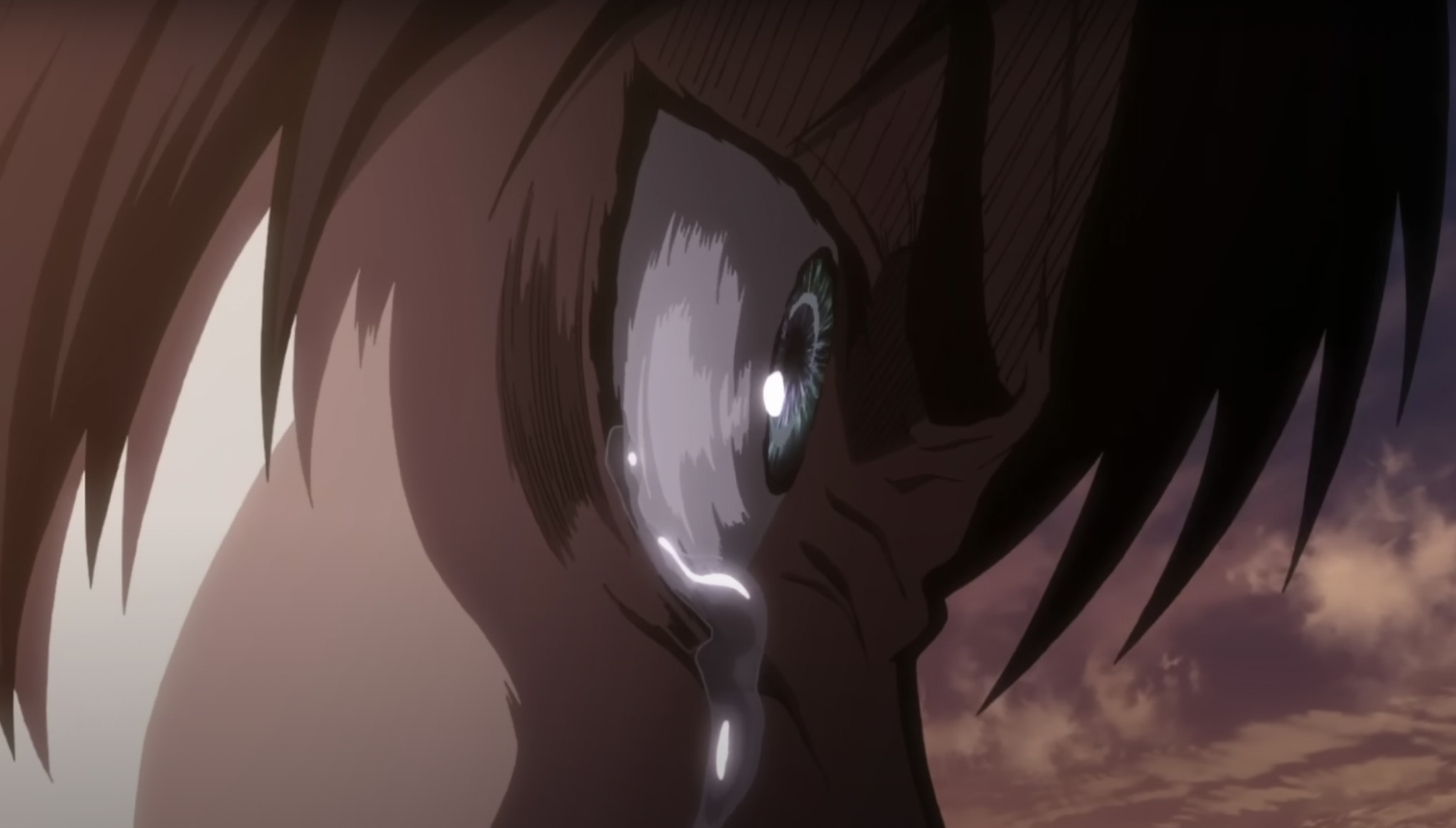Opening to a scene of rubble, desperation and a call to fight, the Attack on Titan finale delivered intensity akin to the rest of the anime. Except that with such a long wait between new installations, the series narrative lost a lot of momentum.
Originally a manga by Hajime Isayama, the Attack on Titan anime is widely considered one of the most popular animes in the world. But it’s been plagued by delays — the series finale arrived almost three years after the final season premiered, and more than two years since the manga ended. After final season’s first two parts premiered in late 2020 and early 2022 respectively, a third part was announced. This ended up being split into two specials, each premiering in March and November of 2023.
The story follows Eren Jaeger, a boy trapped within massive walls protecting him from bloodthirsty titans. He yearns for freedom beyond the walls, and in his quest to eradicate the titans, Eren learns his world is not what it seems. As he pieces the mystery of his world together, Eren realizes he must change his morals to keep moving forward. Eren forces his allies to turn against him and fight, culminating in a showdown called ‘The Battle of Heaven and Earth.’
[It’s a podcasting ‘Match Made’ in heaven for UMD Alum]
The ending of the manga was rushed and bittersweet — it was a weak explanation of the protagonist’s actions, and I anticipated the anime adaptation would struggle with the confusing narrative. But slight dialogue changes remedied the confusing mess the final manga chapters created.
For example, in the manga, Armin excused Eren’s crimes against humanity. In the anime, Armin admitted he felt the same way Eren did. This angle creates a more bittersweet ending, while also condemning the atrocities displayed throughout the story.
The anime does not shy away from the aftermath of the rumbling from earlier in the season — including its carnage and brutality — but differs from the manga on how characters viewed the events.
The animation style of Studio MAPPA — who took over production for the fourth season — is a far cry from the work done by WIT Studio for the first three seasons of Attack on Titan. But MAPPA stayed faithful to the manga artwork by adapting them creatively. It appears at times like MAPPA did not put in a complete effort to adapt Attack on Titan amid the studio’s struggle to manage its numerous major projects. This is evident in the sometimes-disproportionate depictions of characters’ features.
[How WMUC’s record librarian is keeping Zambian rock alive]
But the animation quality became an afterthought — voice-acting performances took center stage. Marina Inoue, the voice actress for Armin, stole the show through emotional diatribes against Yuki Kaji, the equally-talented voice actor for Eren. Others, such as Mikasa’s voice actor Yui Ishikawa and Hiroshi Kamiya, who voiced Levi, also delivered memorable performances.
The shock value of important scenes felt diminished due to the huge gaps of time between releases. The manga ended in April of 2021 — fans have had plenty of time to soak in the ending. This still led to a disjointed emotional response to the special.
Splitting the finale into multiple parts meant the anime had to manufacture narrative breaks in the story. The several months separating new installations to the final season diminished the hype around the series’ conclusion.
The drawn-out final season ultimately downplayed the intensity of the final fight. In spite of the thoughtful additions to the anime, the delays ultimately hurt Attack on Titan.



